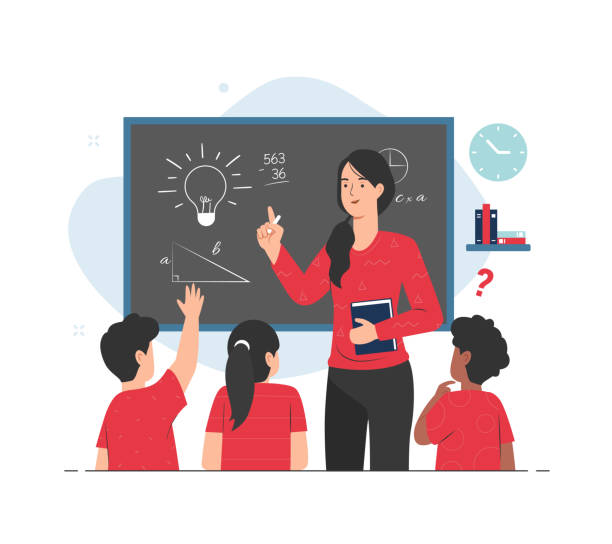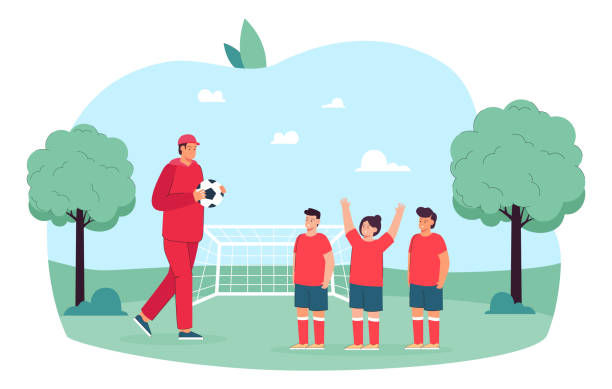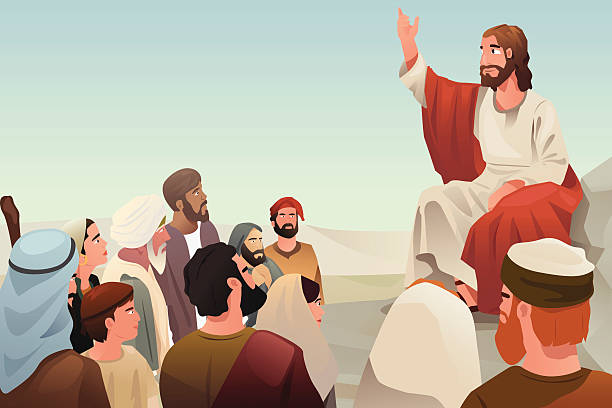on
Navigating the Relationships of Learning - From Foundation to Transformation
Throughout our lives, we are shaped by relationships that guide our growth and development. While learning can occur in many contexts, four distinct yet interconnected relationships stand out for their unique ability to transform us: teacher-student, mentor-mentee, coach-coachee, and master-disciple. Each offers a different pathway to knowledge, growth, and transformation, distinguished by their depth, focus, and impact on our journey.
Teacher-Student: The Foundation of Structured Learning

Picture a young child stepping into a classroom for the first time, eyes wide with curiosity. The teacher stands at the front, introducing the alphabet, simple numbers, and the magic of stories. Over time, these lessons grow in complexity, from multiplication tables to essays, shaping the student’s understanding of the world.
This foundational relationship is like laying the groundwork for a house. The teacher systematically builds knowledge, brick by brick, ensuring every concept is understood before moving to the next.
- Structured Knowledge Transfer: Think of a math teacher who starts with basic arithmetic before progressing to algebra, ensuring each step builds on the last.
- Clear Learning Objectives: A science teacher might set goals for students to master the water cycle or Newton’s laws, with tests marking their progress.
- Collective Learning Environment: Class discussions on a novel not only improve comprehension but also spark creativity and empathy.
- Evaluation and Feedback: Regular quizzes and report cards guide students and parents, showing where extra focus is needed.
While these relationships may be temporary, they leave lasting imprints. Teachers show us how to learn and ignite the curiosity that drives lifelong exploration.
Mentor-Mentee: The Bridge to Professional Mastery

Now, fast forward to a young professional entering their first job. They’re eager but unsure, stepping into an office full of seasoned veterans. One of these experienced individuals takes them aside, offering guidance not just on tasks but on how to navigate the unwritten rules of the workplace.
The mentor-mentee relationship is a blend of wisdom and empathy, often growing organically through shared interests or goals:
- Contextual Wisdom: A mentor in a startup might explain when to take risks or conserve resources, sharing stories of successes and failures.
- Professional Identity Formation: A journalist learns from an editor not just how to write, but how to think critically and ethically about stories.
- Network Development: Mentors often act as gatekeepers, introducing mentees to key people who can shape their careers.
- Experiential Learning: A chef under a mentor learns the art of improvising with ingredients, moving beyond recipes to intuition.
Unlike the structured teacher-student dynamic, mentorship flows naturally, adapting to the mentee’s evolving needs. It’s a relationship of shared passion, where the mentor sees their own journey reflected in their mentee’s growth.
Coach-Coachee: The Catalyst for Peak Performance

Imagine an athlete preparing for a championship. Their coach observes every movement, offering precise feedback on posture, speed, and technique. The goal? To push the athlete beyond their limits and unlock their peak potential.
The coach-coachee relationship is about deliberate, results-driven improvement:
- Performance Focus: A tennis coach refines a player’s serve, aiming for precision and power under pressure.
- Action-Oriented Approach: Business coaches guide executives through challenges, using role-play and scenario planning to build confidence.
- Accountability Partnership: Weekly check-ins ensure progress toward goals, whether it’s a marathon time or a sales target.
- Customized Strategies: A voice coach tailors exercises to an opera singer’s range, focusing on unique strengths and weaknesses.
This dynamic partnership is goal-centric and transformative, ideal for those looking to excel in specific areas of life. Coaches act as both cheerleaders and challengers, bridging the gap between potential and achievement.
Master-Disciple: The Path to Deep Transformation

Finally, picture a young musician traveling miles to meet a legendary maestro. For years, they study not just music but the philosophy behind it, learning to infuse each note with meaning. Over time, the disciple transforms, becoming not just a skilled musician but a custodian of their master’s legacy.
The master-disciple relationship transcends traditional teaching, delving into the soul of the craft:
- Holistic Development: A martial arts master teaches discipline, humility, and respect, alongside physical techniques.
- Philosophical Depth: An artist learns not just to paint but to see the world differently, uncovering beauty in the mundane.
- Lifelong Commitment: These bonds endure, often shaping the disciple’s life long after formal lessons have ended.
- Legacy Preservation: A disciple of a spiritual leader carries their teachings forward, ensuring their wisdom touches future generations.
This relationship requires profound dedication but offers unparalleled growth, touching not just the mind but the heart and spirit.
The Fluid Nature of Learning Relationships
These categories, while distinct, are not rigid boundaries but rather points along a spectrum of learning relationships. A great teacher might become a mentor, a coach might embody aspects of mastery, and a mentor might shift between roles as needs evolve. The key lies in recognizing what you need at each stage of your journey and being open to the natural evolution of these relationships.
- Teacher-student: Lays the cognitive foundation. Ideal for acquiring basic knowledge and foundational skills.
- Mentor-mentee: Bridges knowledge to real-world application. Excellent for navigating professional challenges, developing specific skills, and gaining personalized guidance.
- Coach-coachee: Hones performance and focus. Beneficial for enhancing performance, setting clear goals, and receiving targeted feedback for continuous improvement.
- Master-disciple: Transforms us at the deepest level. Perfect for those seeking deep personal transformation and a transformative relationship with a revered figure.
Choosing Your Path: A Simple Decision Map
Understanding these relationships allows us to consciously choose the guidance we need at different life stages. The following simple decision map might be helpful:
- Learning Goals:
- Knowledge acquisition → Teacher-Student
- Professional development → Mentor-Mentee
- Performance enhancement → Coach-Coachee
- Personal transformation → Master-Disciple
- Time Investment:
- Short-term, structured → Teacher-Student
- Medium-term, flexible → Coach-Coachee
- Long-term, evolving → Mentor-Mentee
- Lifetime commitment → Master-Disciple
- Depth of Change:
- Skill-focused → Teacher-Student/Coach-Coachee
- Career-oriented → Mentor-Mentee
- Life-transforming → Master-Disciple